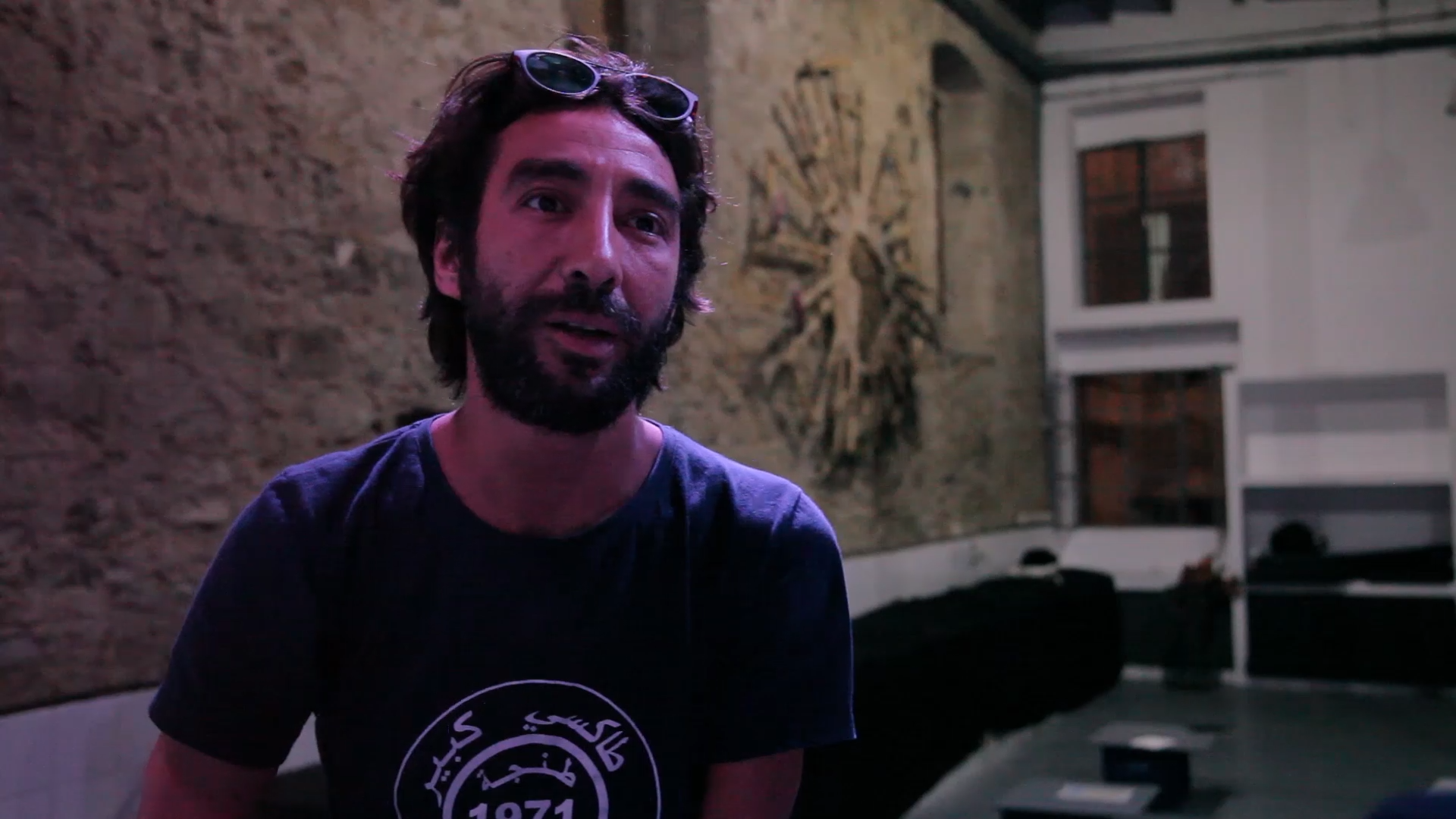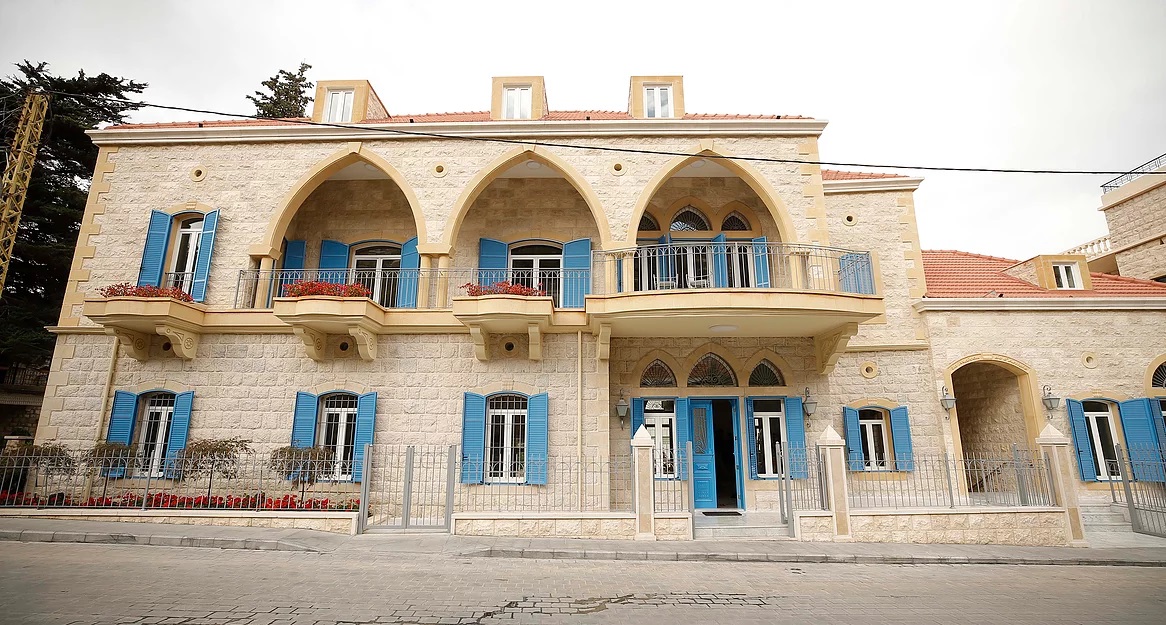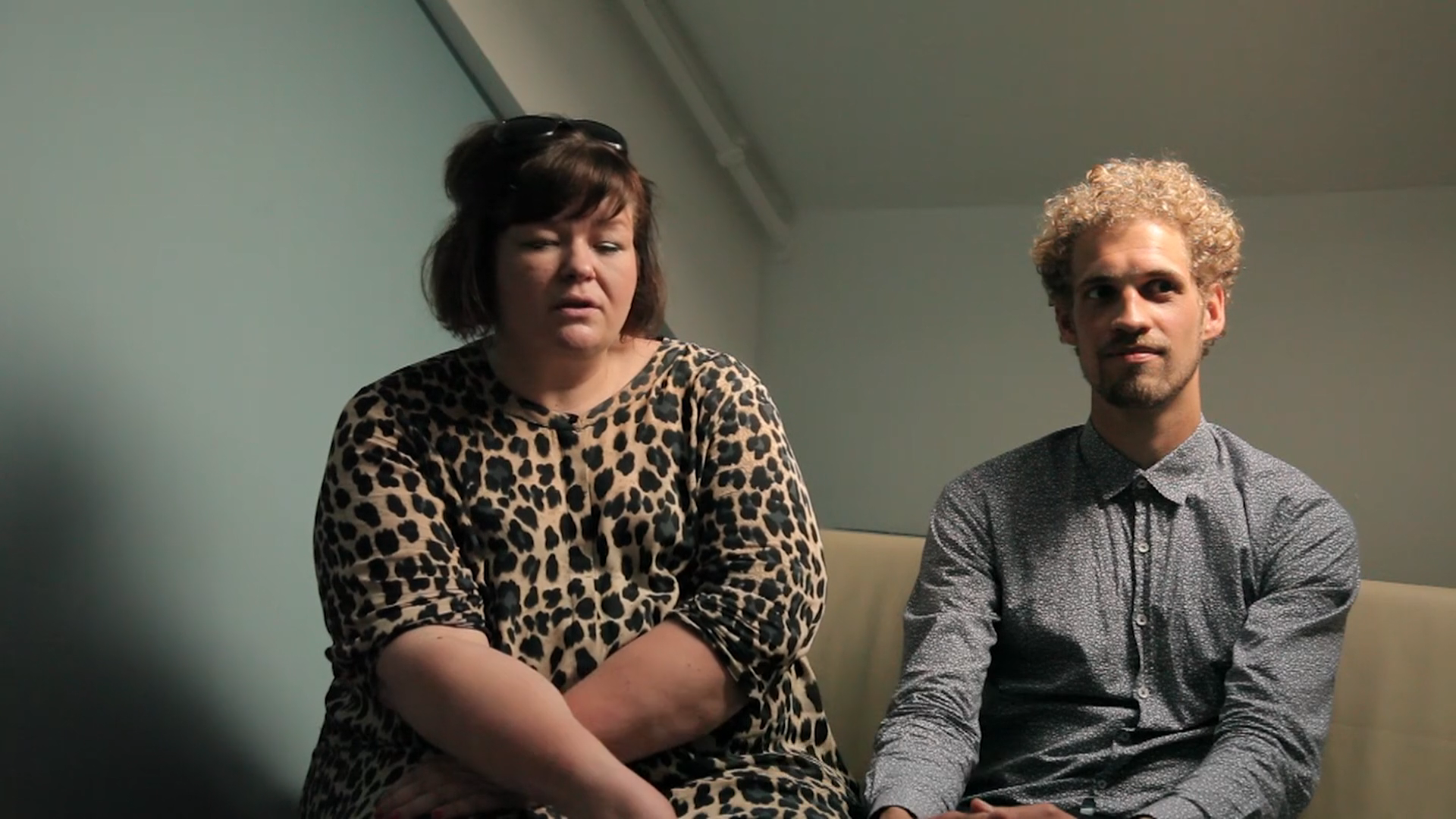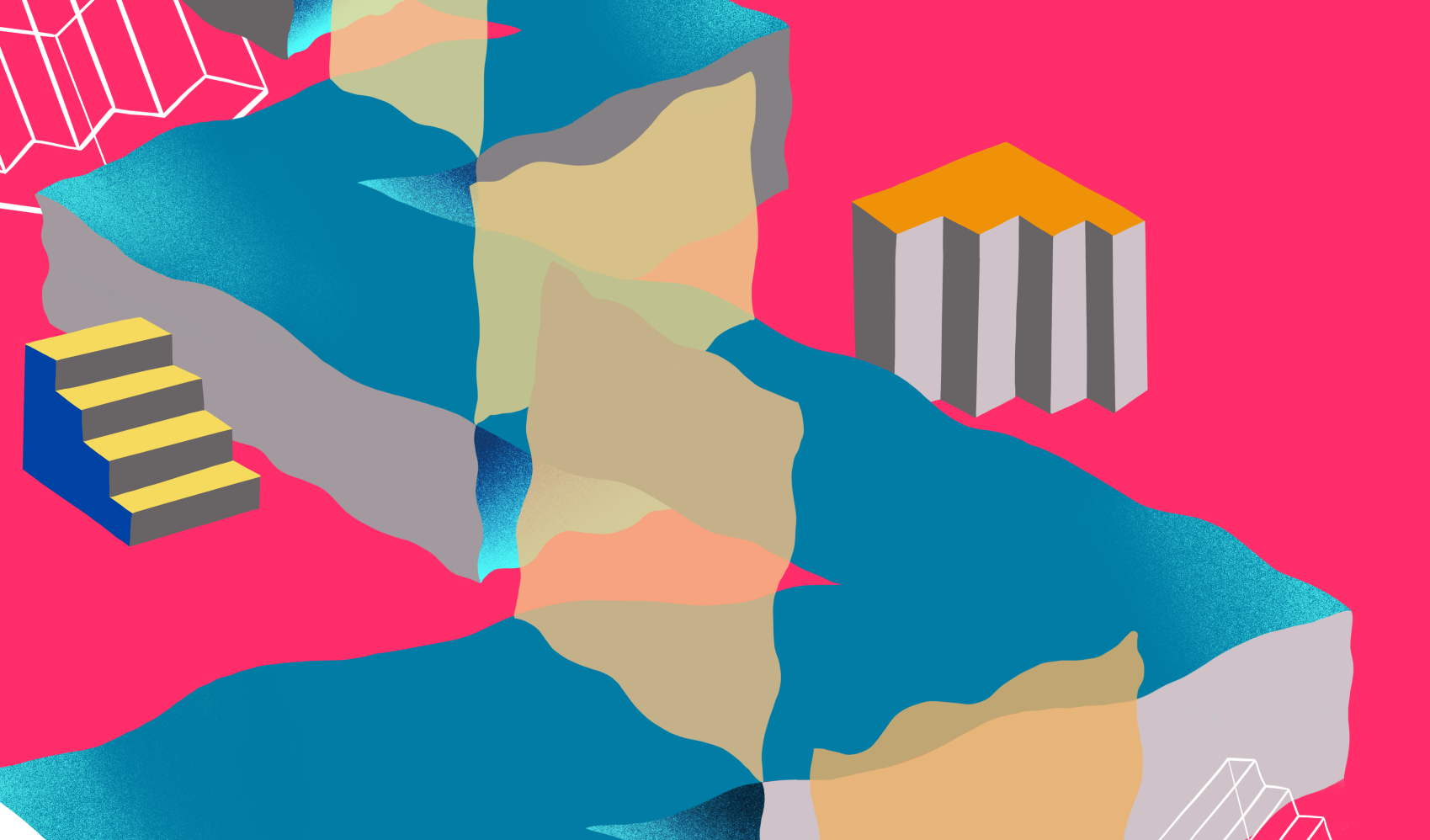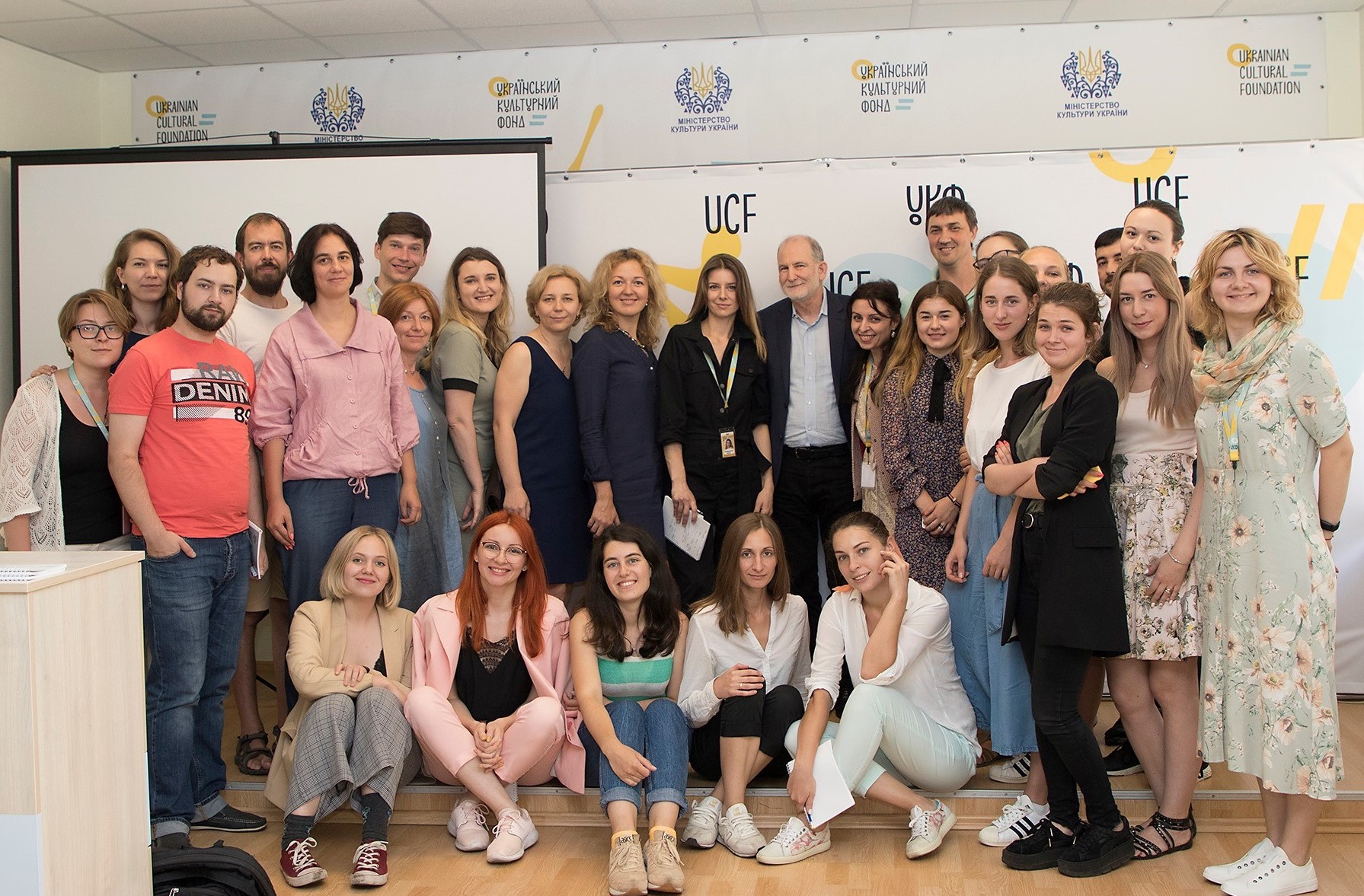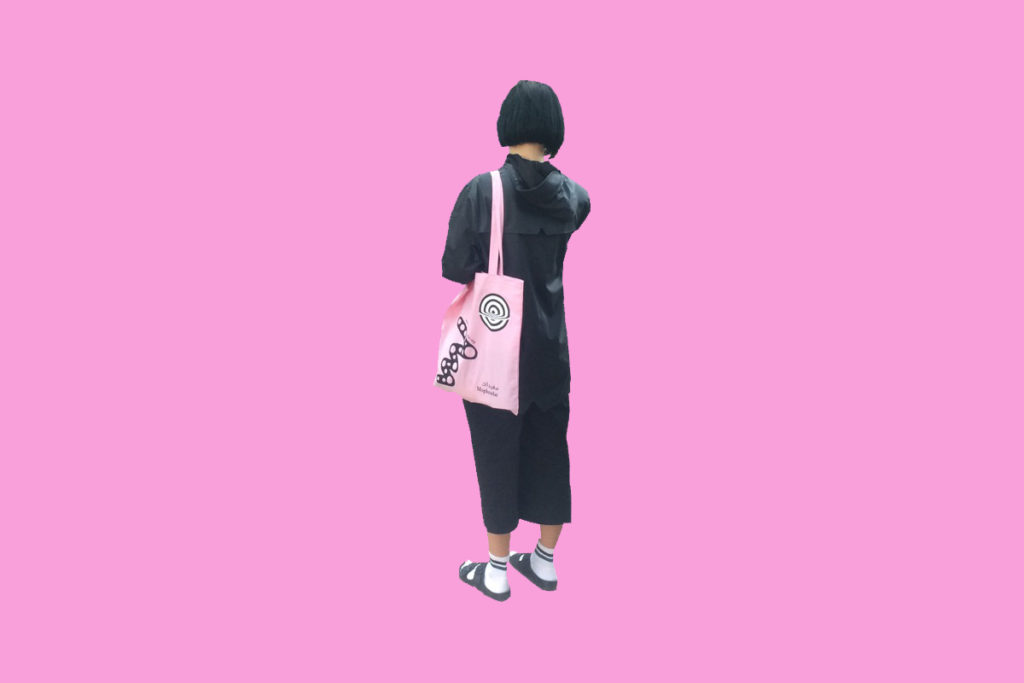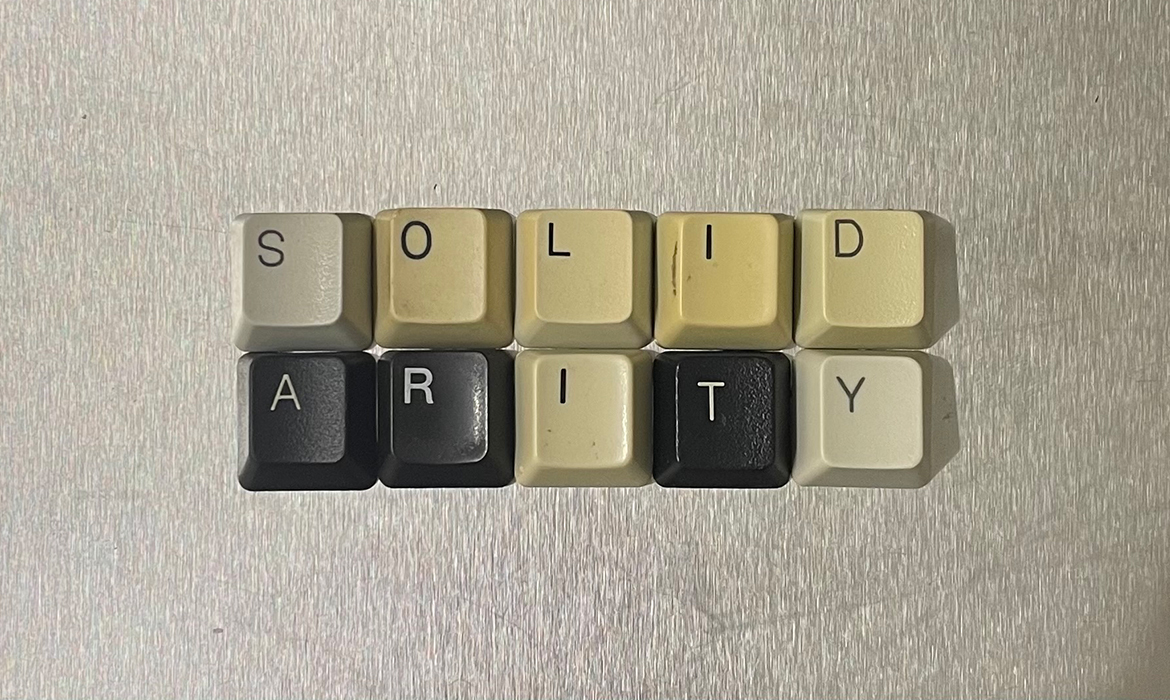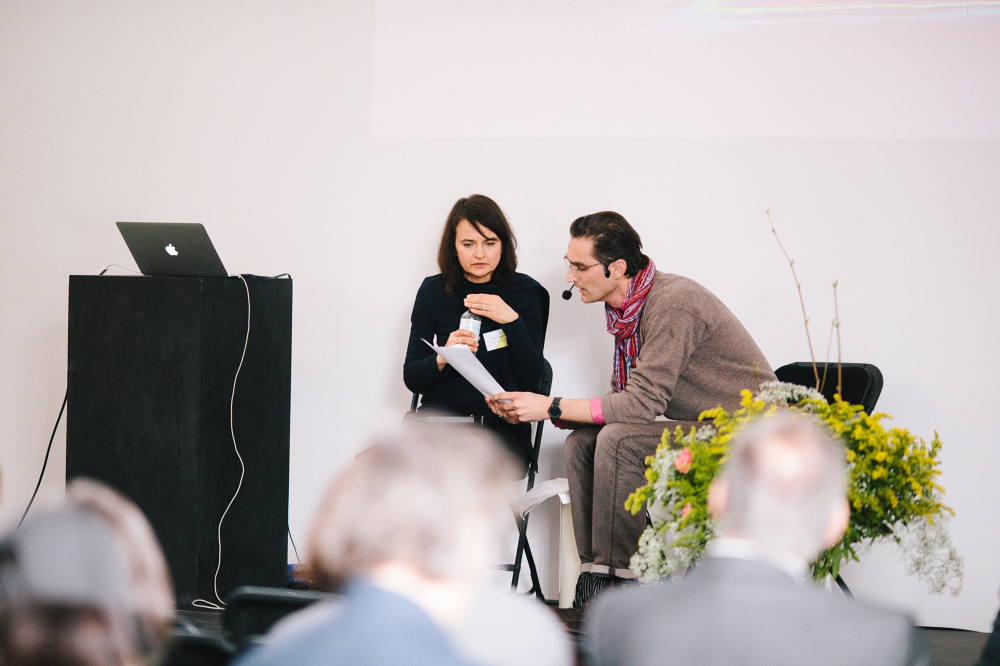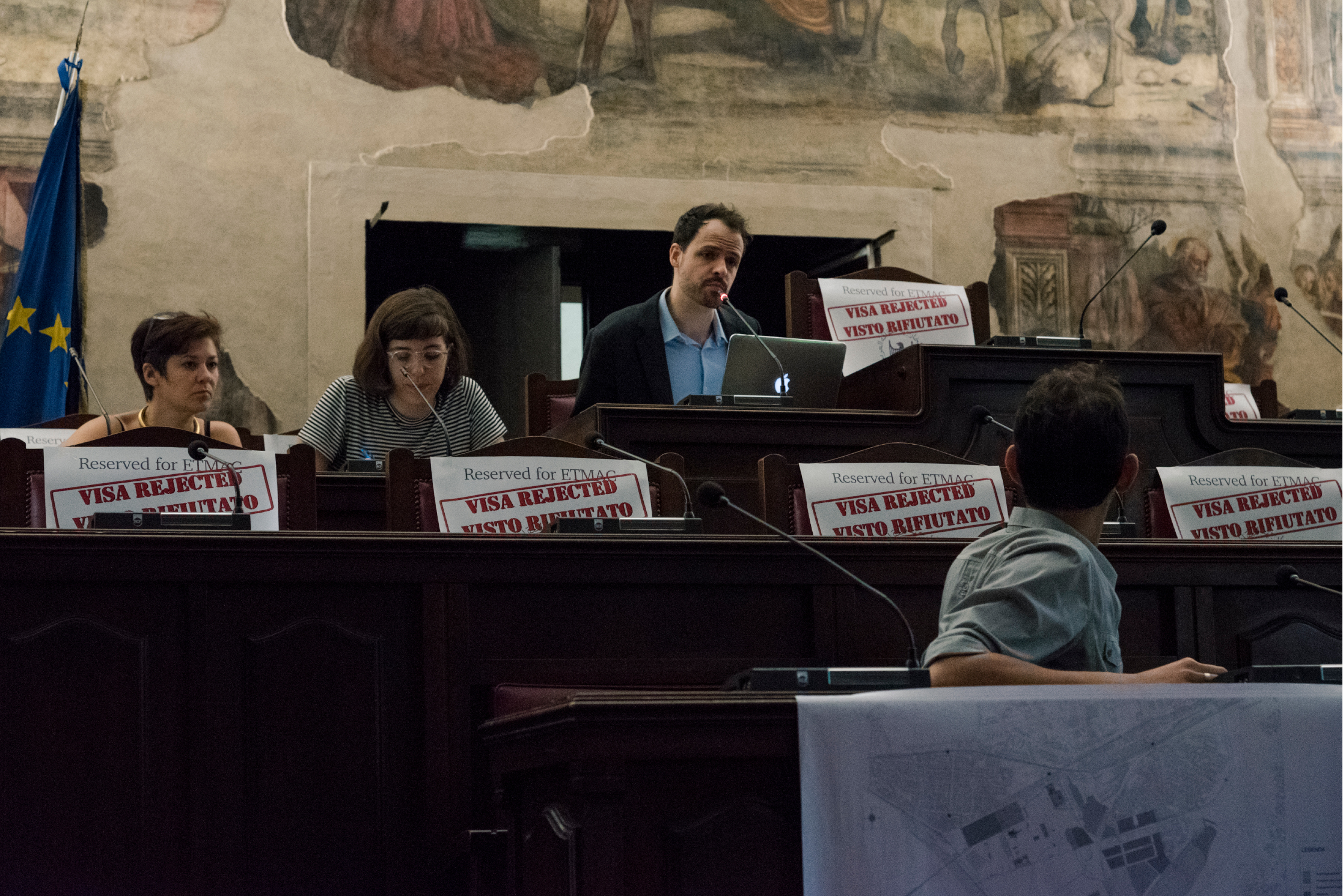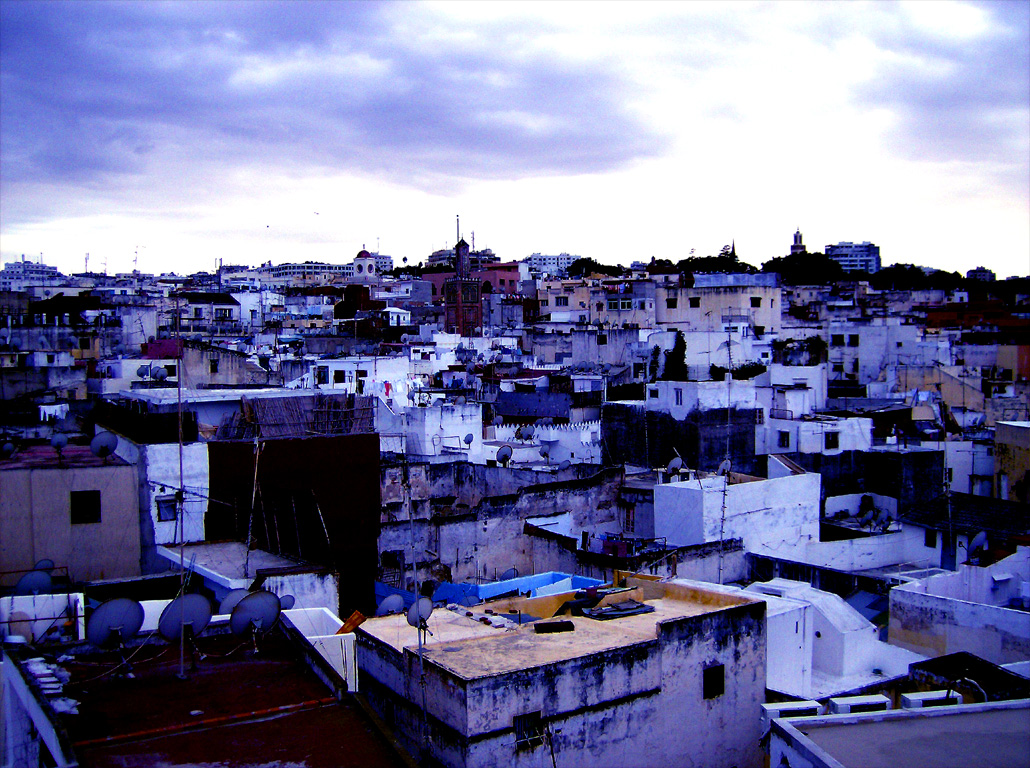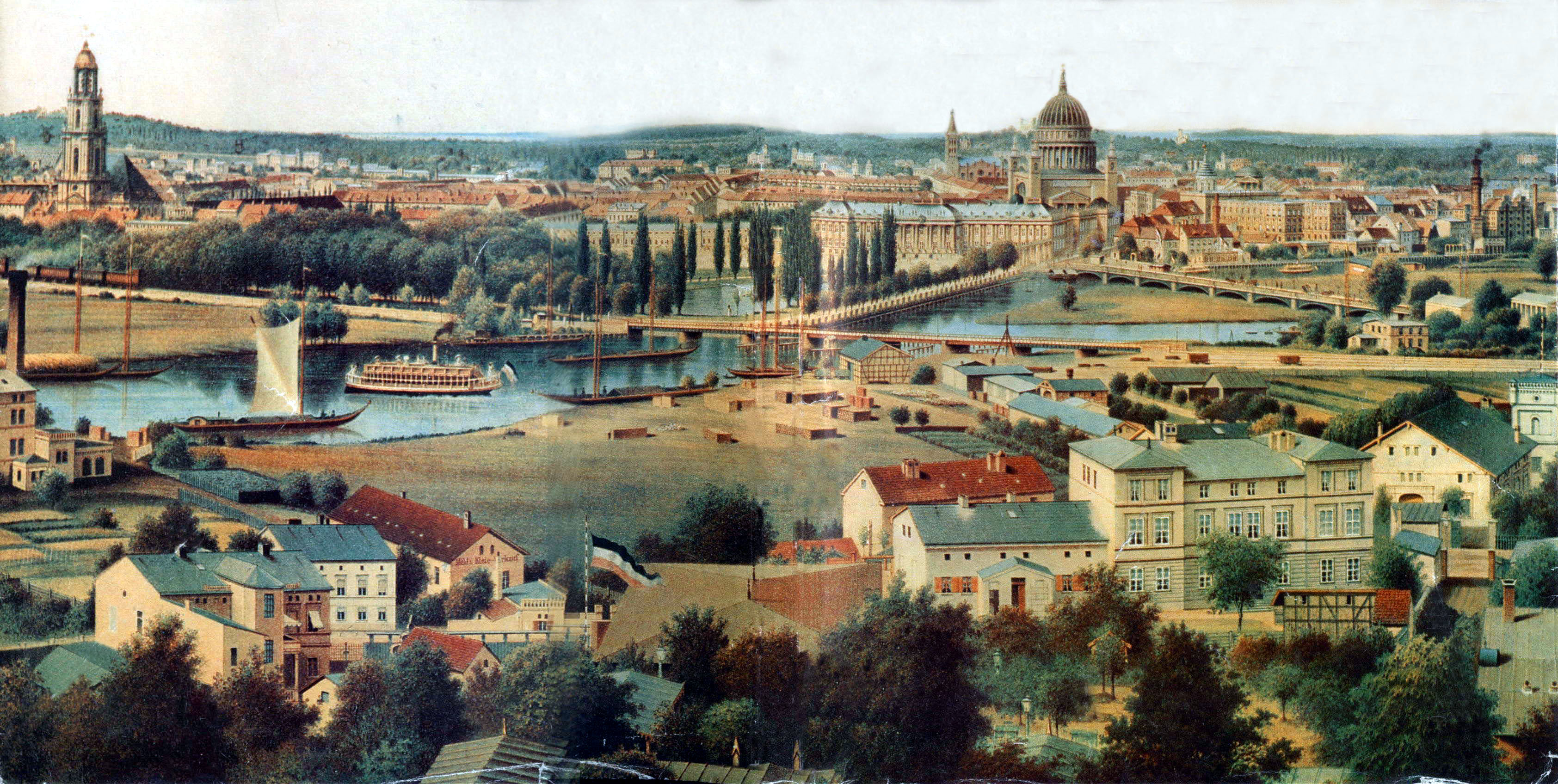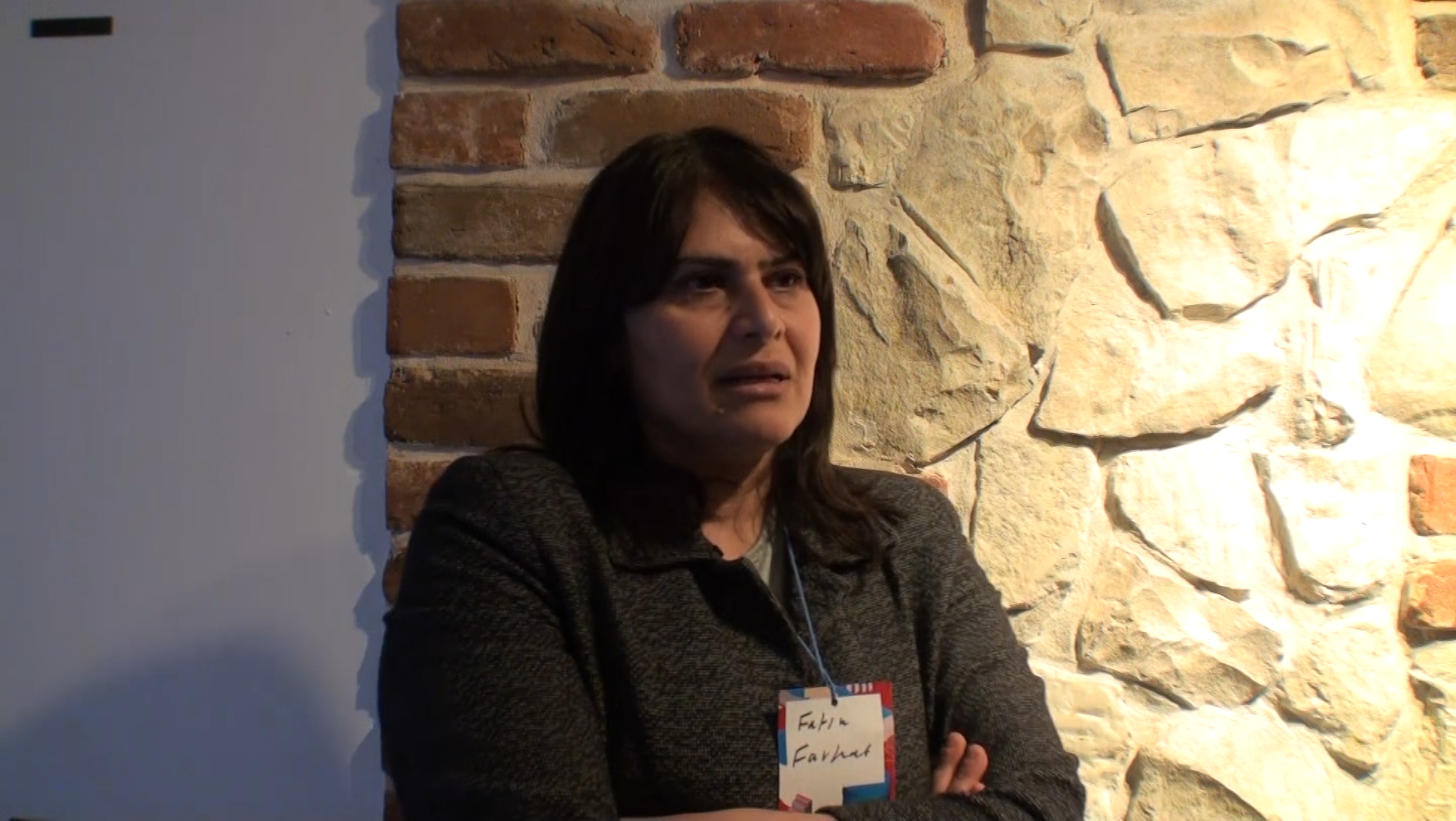
Fatin Farhat on cultural sector in the MENA region
Fatin Farhat, a Palestinian based cultural worker from Ramallah talks about art sector in Palestine and MENA region, as well as about RAWA, a bottom up funding initiative. Fatin is currently enrolled in the Cultural Policy program at Hildesheim University as a Ph.D., examining the potential of inviting new practices to grassroots cultural initiatives, while highlighting the potential role local governments can play in fostering community/citizen participation and cultural development in Palestine.
